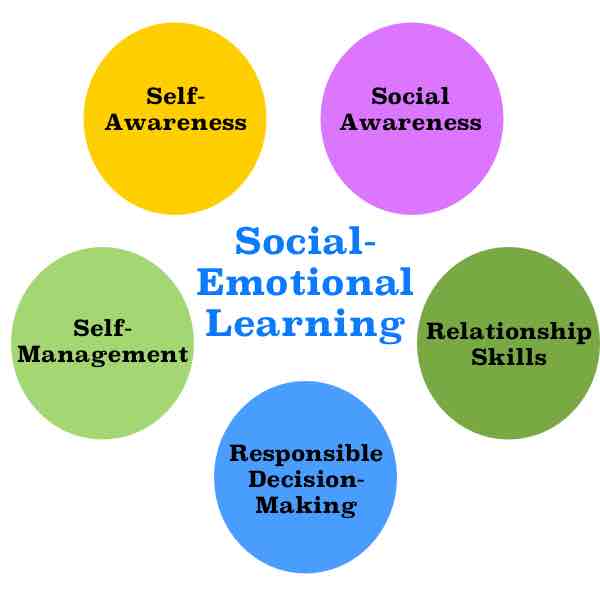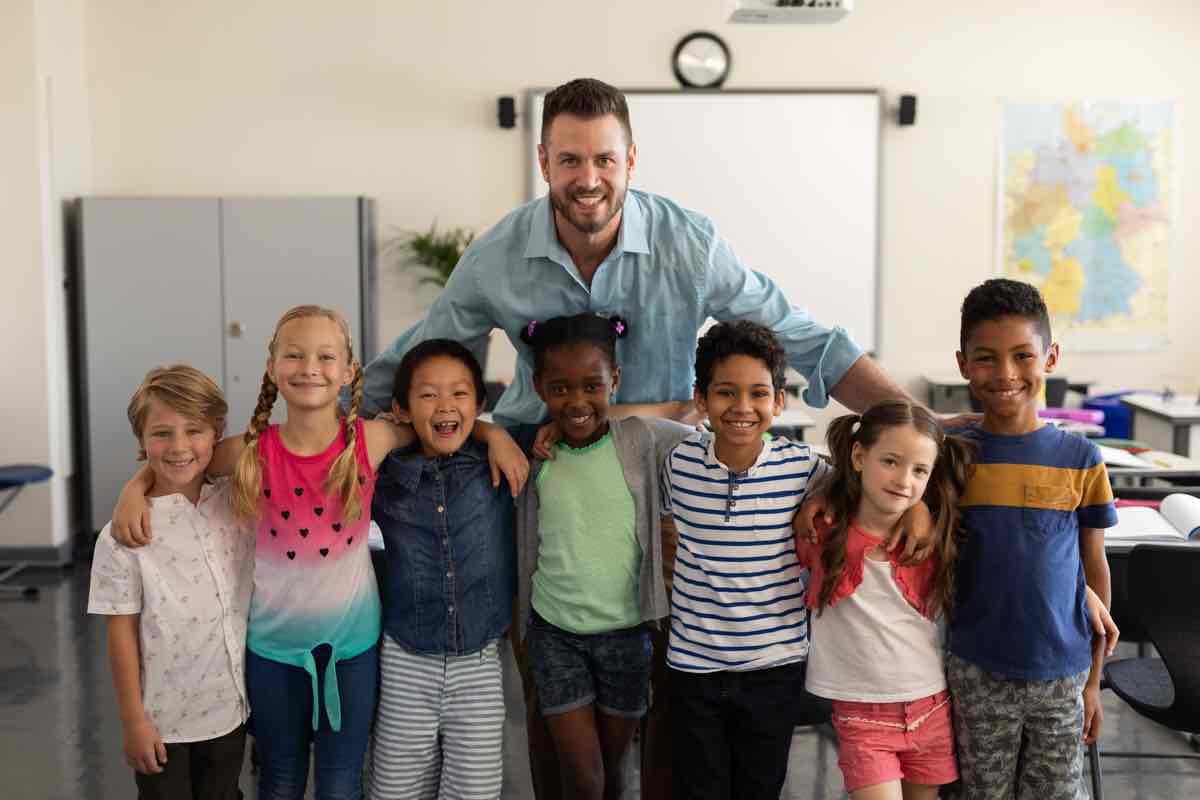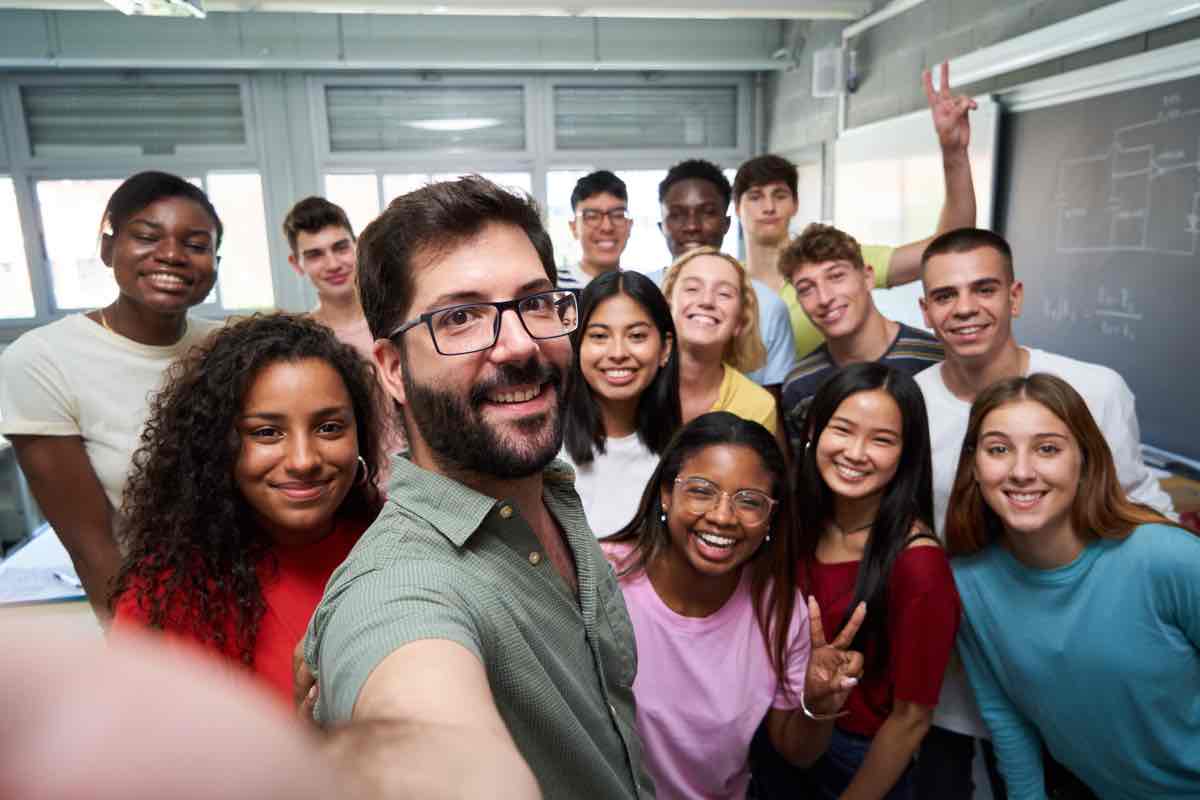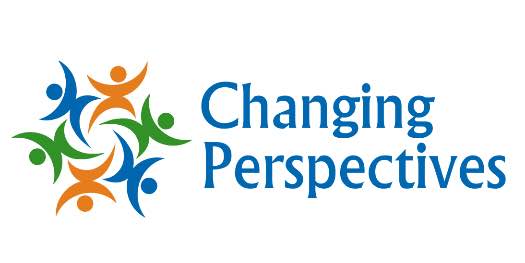 Social-Emotional Learning (SEL) isn’t a new concept. But in the last few years it has become more important than ever before. Students today are navigating an incredibly complex world. Struggling to understand the impacts of COVID, and the increased awareness of Diversity, Equity and Inclusion (DEI) has made the key principles of SEL vital for all students.
Social-Emotional Learning (SEL) isn’t a new concept. But in the last few years it has become more important than ever before. Students today are navigating an incredibly complex world. Struggling to understand the impacts of COVID, and the increased awareness of Diversity, Equity and Inclusion (DEI) has made the key principles of SEL vital for all students.
Social-Emotional Learning refers to a set of skills we learn that allow us to:
- identify our feelings
- manage our stress and behaviors
- interact positively with others
- make well thought-out decisions
- and more.
Some students come to school already being able to demonstrate these skills on a daily basis, others do not. And the evidence shows that all students benefit from explicit conversations and activities around social-emotional learning to help them hone these skills to enhance for life long success.
In order to ensure SEL instruction is done with the greatest impact on students it’s necessary that educators have access to age-appropriate resources to guide conversation. A key to successful SEL is to make sure that the skills being taught are relevant to the current lived experience of a student. For example, the friendships a 3rd grader is navigating is different from the relationships an 11th grader is navigating. As students mature, social-emotional needs change.
 At Changing Perspectives we provide educators across the globe with the curriculum resources and professional development training to lay the groundwork for social-emotional learning. Our Pre-K curriculum includes activities on Understanding Empathy, Using Kind Language, Interacting with Others, Learning About Others, and Being a Good Friend and Community Member. Starting as young as PreK is vital for lifelong success with a foundation of social-emotional well being.
At Changing Perspectives we provide educators across the globe with the curriculum resources and professional development training to lay the groundwork for social-emotional learning. Our Pre-K curriculum includes activities on Understanding Empathy, Using Kind Language, Interacting with Others, Learning About Others, and Being a Good Friend and Community Member. Starting as young as PreK is vital for lifelong success with a foundation of social-emotional well being.
For elementary grades we offer lessons, curated book lists, videos, and discussion questions to support self-awareness, managing emotions, self-control, understanding and developing empathy, becoming aware of social cues, building relationships, and how to make good decisions.
 Middle schoolers need more complex topics and in these grades we refine and enhance the skills learned in elementary grades. During middle school students can start to understand the distinction between growth and fixed mindsets and the limitations and benefits of each. They learn how to self-regulate, set goals, and advocate for themselves.
Middle schoolers need more complex topics and in these grades we refine and enhance the skills learned in elementary grades. During middle school students can start to understand the distinction between growth and fixed mindsets and the limitations and benefits of each. They learn how to self-regulate, set goals, and advocate for themselves.
High School students begin to really consider their role not just in their school community but as members of a global society. SEL resources are designed to engage young adults in both their current situations but also set the stage for thinking about the future.
Social-emotional learning is a key component of any students’ education. To find out more about social-emotional learning and how Changing Perspectives can help, contact us!
